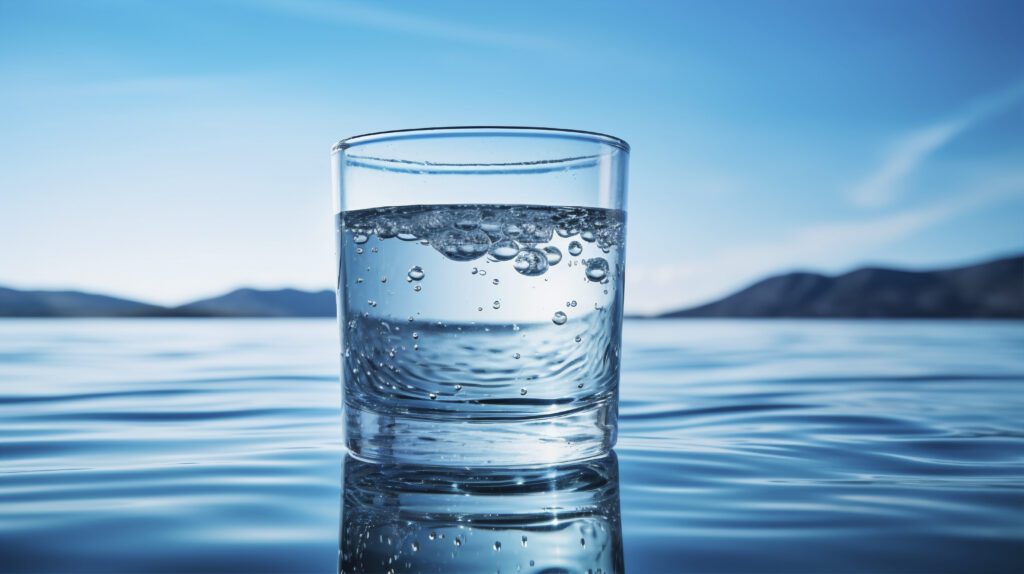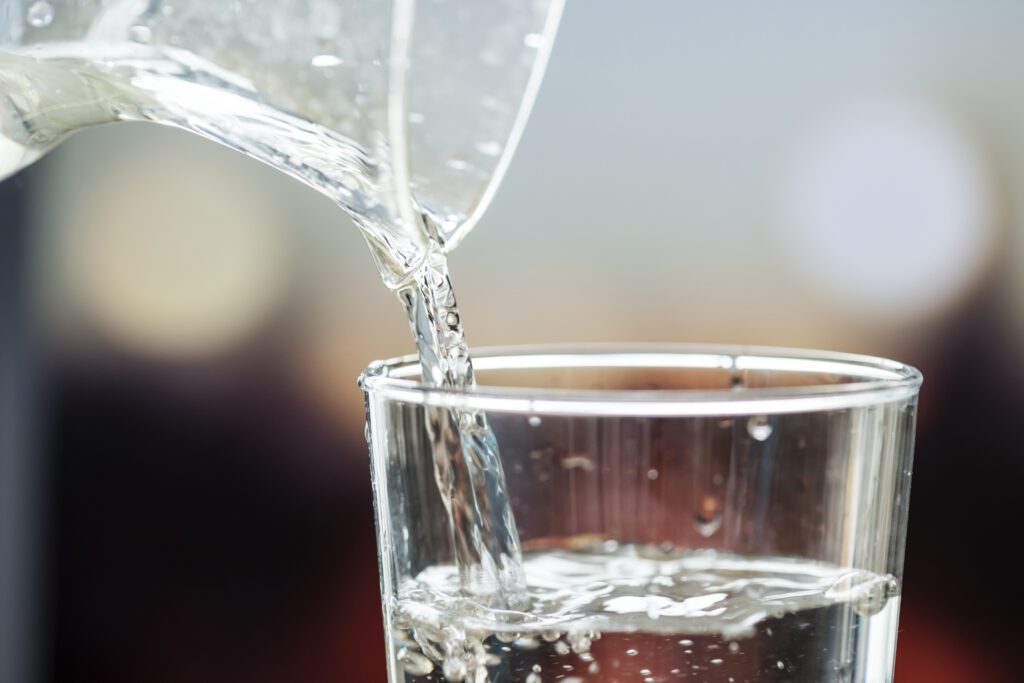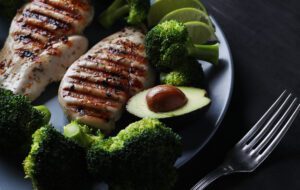Although hydration is taught to any child by his or her parents as a habit since childhood, hydration needs for cancer patients become critical in cases of cancer patients. Such amounts of chemotherapy and radiation treatments for cancer might dehydrate the body, but the role of hydration is not limited to satisfying thirst only. However, there have been a few popular myths around the hydration needs for cancer patients that can spread wrong information and have had a negative impression on their health.
In this article, we are focusing on cancer patients’ hydration, debunking some myths related to hydration needs for cancer patients, and sharing practical tips that help them improve their hydration balance. This information is your best companion in your journey so that you can take care of your best.
Table of Contents
Why Hydration is Essential for Cancer Patients
Cancer treatment is one difficult process that impacts not only on body but also on mental and emotional health. Treatments like chemotherapy and radiation will disturb the fluids and electrolyte levels of the body, making hydration needs for cancer patients a key area of focus.
Here are some reasons why hydration is essential for cancer patients:
- Cellular Repair and Recovery: Water helps cells function and contributes to their repair. Cancer treatment damages cells and tissues, and hydration helps the repair process.
- Blood Circulation and Nutrient Distribution: Hydration maintains blood flow in the body, which allows nutrients and oxygen to be effectively delivered. After treatment, body cells need oxygen and nutrition, so this is important to cancer patients’ recovery.
- Detoxification and Waste Removal: The liver and kidneys work properly when you are hydrated. They are removing waste products from the body. Side effects of cancer treatment and medications can create waste build-up, which is flushed out by hydration.
The hydration need for cancer patients is unique, and treatment effects influence hydration balance.
Common Myths About Hydration for Cancer Patients
There are some common misconceptions about hydration needs for cancer patients that need to be understood so that unnecessary or harmful hydration practices are not followed. Let’s break down these myths and their truth.
Myth 1: Cancer Patients Should Drink At Least 8 Glasses of Water Daily: As a general guideline, people believe that it is necessary to drink 8 glasses of water every day. But every cancer patient’s body and treatment is different. Sometimes 8 glasses may be more or less. Hydration needs are personal for cancer patients and should be decided after discussing with your doctor.
Myth 2: Drinking More Water Helps to “Flush Out” Cancer Cells: Many people think that drinking too much water can flush out cancer cells. This is a misleading concept. Water does help flush out toxins from the body, but it cannot flush out cancer cells. Only specific medical treatments work to remove cancer cells, and hydration only plays a role in removing toxins, not directly in cancer cells.
Myth 3: Overhydration is Not a Concern for Cancer Patients: Many patients often adopt excessive hydration thinking that the more water, the better. But too much water can also be dangerous as it disturbs sodium levels and can cause hyponatremia, which is dangerous.
Myth 4: All Fluids Are Equally Hydrating: Every fluid has a different hydration effect. Just as herbal teas and coconut water are helpful, sugary and caffeinated drinks can impair hydration. Not every fluid is beneficial, and sugary or carbonated drinks can reduce the benefits of hydration.
Myth 5: Cancer Patients Only Need to Hydrate on Treatment Days: Many patients think that water should be focused only on treatment days, but this is wrong. You have to maintain your hydration balance every day, whether you are undergoing treatment or not. The body needs fluids every day so that cellular functions can run smoothly.
How Much Water Do Cancer Patients Really Need?

There is no simple answer to the hydration needs of cancer patients. Each patient’s needs depend on their unique conditions, such as:
There is no simple answer to the hydration needs of cancer patients. Each patient’s needs depend on their unique conditions, such as:
- Type of Cancer and Treatment: The amount of hydration needed depends on the type and intensity of treatment. Chemotherapy and radiation may require more fluids.
- Age and Body Weight: Elderly patients and patients with heavier body weights require more fluids because their cells and organs demand fluids to work more effectively.
- Personal Health Conditions: If there are kidney or heart issues, fluid intake is controlled to prevent organ overload.
All of these factors indicate that following a generalized guideline may not be appropriate. Cancer patients should work with their healthcare provider to determine their hydration needs.
Hydration Tips for Cancer Patients
Maintaining proper hydration can be challenging, especially if the patient is facing nausea, loss of appetite, or digestive issues. Here are some effective tips:
- Add a variety of fluids: Instead of drinking plain water all the time, add some hydrating alternatives, like herbal teas, broths, and coconut water. These fluids have hydration as well as some important nutrients.
- Consume Hydrating Foods: Fruits and vegetables like cucumber, watermelon, orange, and strawberries have high water content. These foods are a source of natural hydration and are easy to digest.
- Sip water regularly: If you have trouble drinking too much water at once, take small sips. This can help you stay hydrated quite easily.
- Try room temperature or cold fluids: Cold or room temperature fluids can be helpful in cases of nausea. Warm liquids can make you feel nauseated.
These tips are helpful to fulfill the hydration needs of cancer patients and are also easy to follow.
Signs of Dehydration and Overhydration in Cancer Patients
It is very important to monitor hydration balance during cancer treatment. Understanding signs of dehydration and overhydration helps in maintaining the appropriate hydration needs for cancer patients.
Symptoms of Dehydration
- Dry Mouth and Skin: Lack of water in the body can cause dry mouth and skin.
- Dizziness and Lightheadedness: Dehydration can reduce blood volume, which leads to dizziness and low energy.
- Dark Urine: Dark color and strong smell of urine are common signs of dehydration.
- Symptoms of Overhydration
- Confusion and Disorientation: Excess water disturbs sodium levels, which can confuse.
- Headache and Nausea: Fluid overload can make cells swell and cause headache or nausea.
- Frequent Urination: Overhydration makes you go to the bathroom frequently, which can be inconvenient.
If any of these symptoms are severe, it is important to consult your doctor so that correct hydration levels can be maintained.
The Role of Electrolytes in Hydration
Hydration is not just achieved through water, electrolytes also play an important role. Cancer patients can have disrupted body balance and need increased electrolytes, especially when their sodium, potassium, and magnesium levels dip.
- Natural Electrolyte Sources: Coconut water, sugar-free electrolyte drinks, and citrus fruits like oranges and bananas provide natural electrolytes.
- Electrolyte Supplements: Sometimes doctors recommend taking supplements, but avoid self-medication as overuse can disrupt the balance.
Maintaining electrolyte and hydration balance can make a significant difference in the energy and recovery of cancer patients.
Addressing Hydration During Different Stages of Cancer Treatment
Hydration needs may vary slightly at each stage of the cancer journey. Here are some general guidelines that are useful at each stage of treatment.
Pre-Treatment Hydration: Keeping the body well-hydrated before treatment helps cells and organs function efficiently and are better prepared to handle the shock of treatment. Gradually increasing fluids during this stage can be beneficial.
During Treatment: Side effects during treatment, such as vomiting and diarrhea, can cause dehydration. Consistent intake of fluids is important during this time. If your doctor recommends specific fluids, use them.
Post-Treatment Recovery: The body takes time to heal after treatment, and hydration plays an important role in that recovery process. At this stage, nutrient-rich fluids, such as bone broth or protein-enriched drinks, may help recovery be faster.
Conclusion
One should never underestimate the issue of hydration in cancer patients. The hydration needs for cancer patients are personalized, and this article has aimed to debunk myths and provide realistic guidelines. Remember that your hydration needs depend on treatment and health; you need to consult continuously with your healthcare provider to maintain your hydration needs. Hydration balance will improve your health and recover you comfortably.
FAQs
How much water should I drink during cancer treatment?
This depends on your doctor, but the general advice is to keep taking sips throughout the day and discuss your hydration needs with your doctor.
Can cancer patients suffer any harm from drinking too much water?
Yes, excessive water can cause dangerous hyponatremia. Follow your doctor’s guidelines and try to understand your body’s signals.
Should there be any specific drinks to avoid during cancer treatment?
Avoid sugary and caffeinated drinks as they do not help in hydration and have some side effects.
How can I stay hydrated if I feel nauseated?
Take small sips and prefer cold fluids. Electrolyte drinks and herbal teas can also be helpful.
Is coconut water a good hydration option for cancer patients?
Yes, coconut water contains natural electrolytes which help in maintaining hydration balance. It is a nutritious and refreshing option.









